What Foods to Eat and Avoid for Fatty Liver Patients?
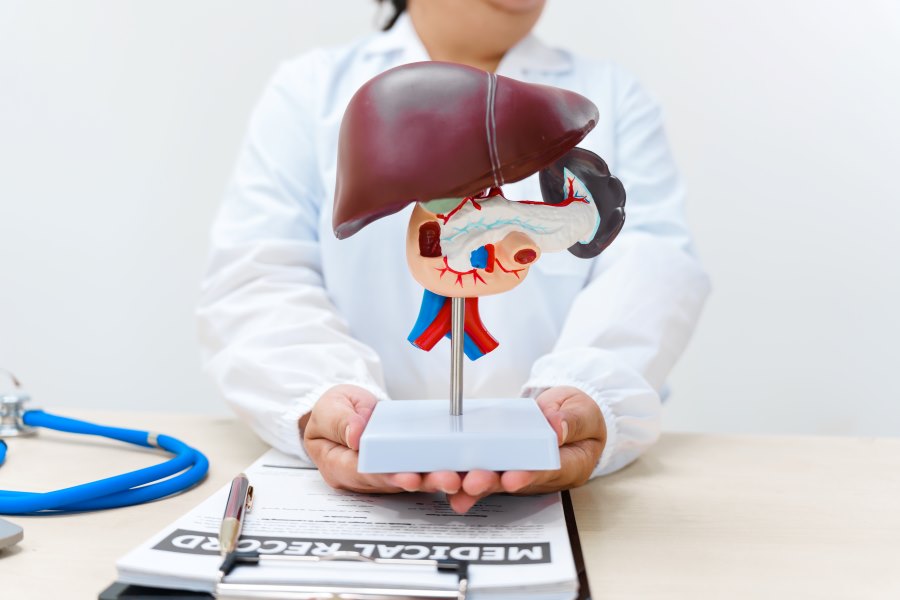
Unhealthy eating leads to obesity, as undissolved fats float in our blood, tissues, and organs. Fatty liver disorders tend to occur when these fats accumulate in the liver. Fortunately, a healthy diet combined with exercise and calorie reduction can treat this disease.
This article will take you through foods to include in your fatty liver diet and foods to avoid for fatty liver.

Table of Contents

What is Fatty Liver?
Fatty liver or hepatic steatosis is a disorder characterised by excess fat deposition within the liver cells. This could be due to various reasons that include obesity, intake of a large amount of alcohol and drugs, and metabolic disorders such as diabetes. There are two basic types:
- Non-Alcoholic Fatty Liver Disease (NAFLD): Not associated with alcohol intake and is mostly associated with obesity, type 2 diabetes, and high cholesterol.
- Alcoholic Fatty Liver Disease: This is a result of heavy and long-term consumption of alcohol.
If left unmanaged, fatty liver can also lead to the development of other more hazardous liver conditions, such as inflammation, fibrosis, or cirrhosis. Management usually involves lifestyle changes like weight reduction, a healthy diet, and proper exercise.
Foods to Eat for Fatty Liver Patients

Fats stored in the liver disrupt its smooth functioning. A fatty liver diet ensures the proper elimination of these fats from your liver and digestive tracts.
Here is a list of the best foods for a fatty liver.
1. Turmeric

Haldi, or turmeric, is rich in curcumin, which has multiple medicinal benefits for humans. This explains turmeric’s importance in Indian households for ages.
Aspartate Aminotransferase (AST) and Serum Alanine Aminotransferase (ALT) are two enzymes in turmeric that can help to manage high fatty liver disease.
Thus, adding turmeric to your fatty liver diet can be an effective measure for eliminating accumulated fats. You can either add turmeric as an ingredient to your regular meals or eat it raw. If you are a sweet tooth and eating raw turmeric seems difficult, combine it with jaggery.
2. Garlic

Along with adding flavours to your favourite food, garlic is gifted with several medicinal values. Garlic is rich in antioxidants and helps manage cholesterol, inflammation and fatty liver diseases. Recent studies have also shown that garlic reduces liver fat and improves enzyme levels.
Chewing raw garlic empty stomach early morning is much more beneficial for the fatty liver than other ways of garlic consumption.
3. Green Vegetables
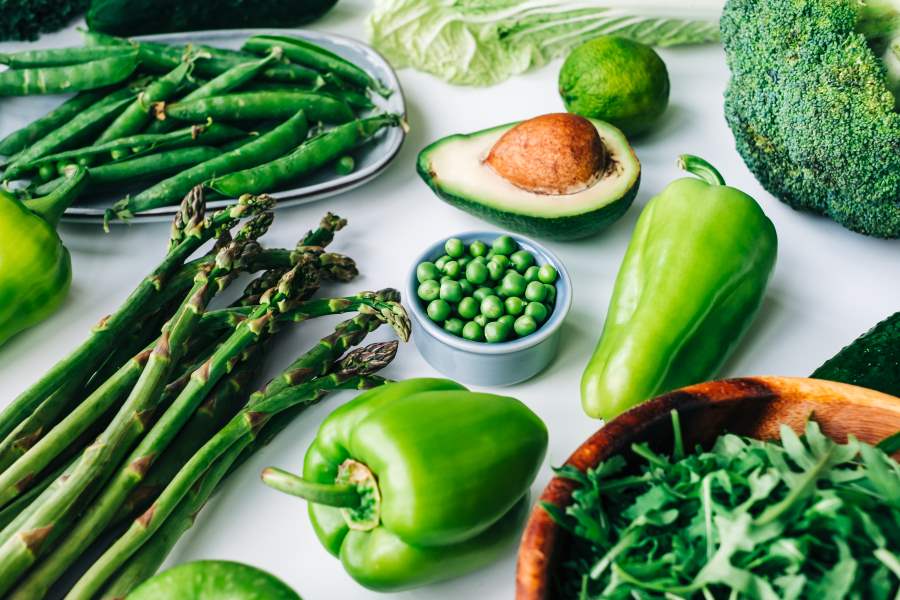
Polyphenols in green vegetables like spinach, cabbage, cauliflower, and broccoli are beneficial in eliminating fats from the liver.
Green and leafy vegetables contain other essential minerals, nutrients and antioxidants that ensure healthy bowel movements. Fibres from green vegetables also help to satiate hunger and keep weight in check.
Overcooking green vegetables can lower polyphenol and iron content. Therefore, incorporate green salads into your fatty liver diet instead of deep frying green vegetables.
4. Oatmeal
Deep-fried breakfasts are harmful to your heart, stomach and liver. In addition, unhealthy fats from these foods accumulate in your arteries and liver. Thus causing cholesterol, cardiac arrest, obesity and other liver diseases.
Instead, you should consume a light breakfast rich in necessary fibres and antioxidants by switching to wholegrain oatmeal. Fibre and complex carbohydrates in oats act as roughage that aids in regular bowel movements. In addition, oatmeal is not harmful to the liver like spicy, deep-fried, packaged foods.
You can cook yourself a plate of dahlia khichdi or have bread with a spoonful of peanut butter as breakfast.
5. Coffee

A cup of black coffee daily allows you to keep fatty liver issues at bay.
Researchers claim that small amounts of coffee in your daily diet help flush out stored liver fat. Caffeine present in coffee lowers the risk of fatty liver disease as well as reduces the onset of cirrhosis, liver fibrosis, etc.
However, excessive black coffee consumption can bring in other complications like insomnia, anxiety and inflammatory diseases. So, you will want to keep your daily coffee consumption limited.
6. Green Tea
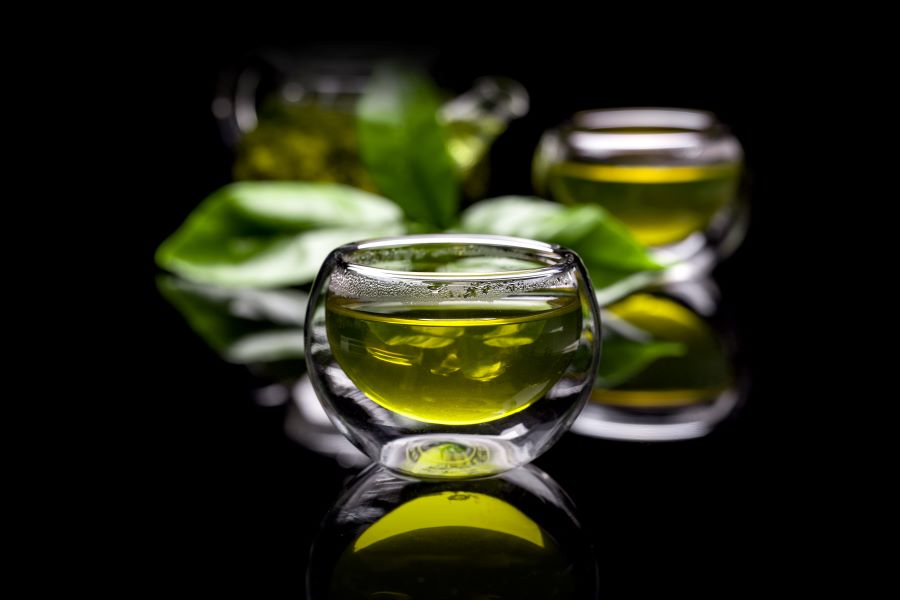
Rich in potassium, iron, calcium and antioxidants, green tea is an excellent cure for liver issues. In addition, it aids the digestion process, balances sugar levels, and helps combat cholesterol and inflammatory diseases.
Antioxidants like catechins in green tea ease the process of eliminating liver fats. So drinking a cup of green tea early morning not just helps to manage fatty liver. Green tea also helps you lose weight and lower your blood sugar level.
7. Nuts and Dried Fruits

It is a common misconception that all nuts and dried fruits lead to obesity. However, almonds, cashews, and walnuts contain good fats that benefit your body.
They provide your body with the necessary fat and help boost your immunity against foreign invasions. Nuts, dried fruits and seeds can also help you gain a toned body. The higher consumption of nuts is known to reduce the risks of NAFLD (Non-Alcoholic Fatty Liver Disease).
Antioxidants present in these food items also help resolve inflammation-associated issues. Regular consumption of dried fruits and nuts will prevent the accumulation of harmful fats in your liver, lowering the chances of fatty liver diseases.
8. Fishes Rich in Omega 3
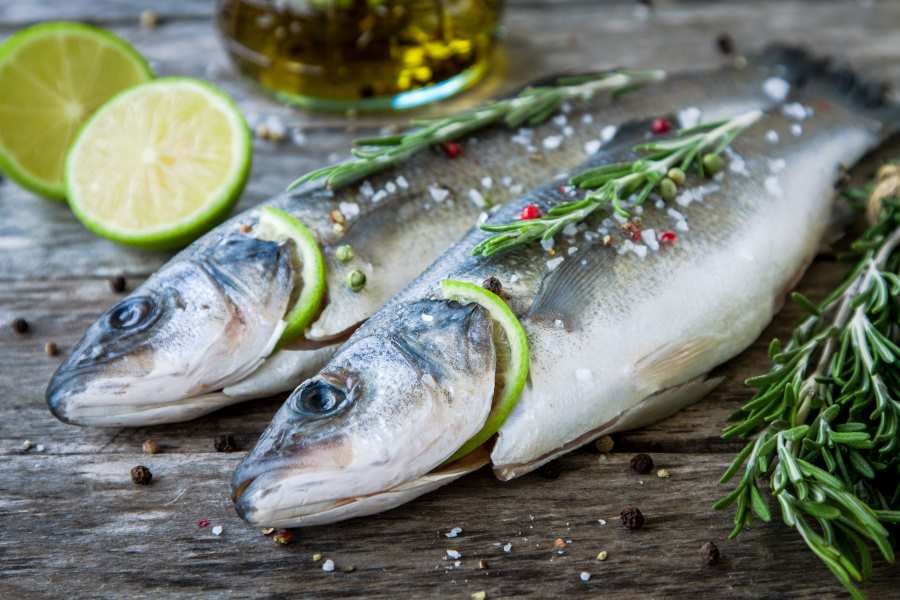
Omega 3 helps reduce fatty liver and inflammatory issues in your body. Fatty Fishes like Tilapia, Salmon, Mackerel and Tuna are rich in omega-3 and complex vitamins.
Fatty fishes do not contribute to obesity; they are suitable for your heart if you properly consume them. In addition, they help to detoxify and cleanse your liver off these stored fats. Therefore, fatty fish are an essential component of your fatty liver diet.
9. Lean Proteins
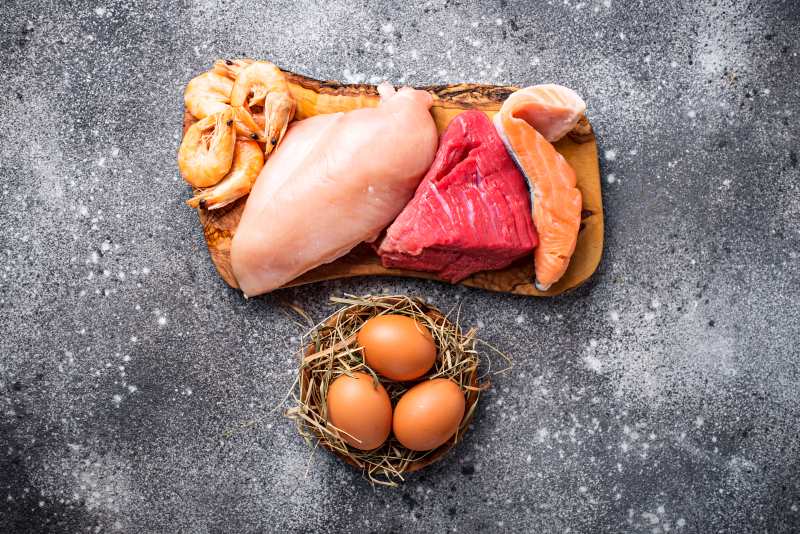
Examples of such foods include fish and chicken, with plant-based proteins added. Fish, particularly fatty fish such as salmon, mackerel, and sardines, is an especially good source of omega-3 fatty acids.
These fatty acids have also been shown to contain anti-inflammatory properties, which may help reduce liver fat. Skinless chicken breasts, which are rich in nutritional value and relatively low in fat, are among the above.
10. Whole Grains
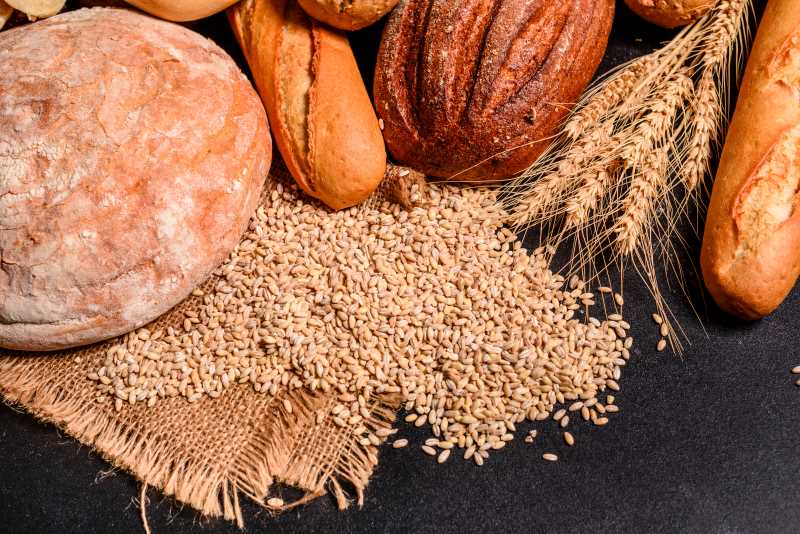
They also contain a good amount of fibre. Whole grains, including oats, quinoa, brown rice, and whole wheat products, are another significant food in the liver's diet.
It regulates blood sugar and aids digestion, which may positively affect the liver. For instance, oats and quinoa offer soluble fibre to help regulate blood sugar levels, while brown rice retains its bran and germ and, therefore, has more fibre and nutrients than white rice.
Foods to Reduce Upper Right Belly Pain for Fatty Liver Patients
Several foods alleviate discomfort by improving digestion and managing upper right belly pain. Here are a few:
Foods to Reduce Fatigue for Fatty Liver Patients
Adding healthy nutrient foods to your diet will grant you long-lasting energy and contribute to your overall well-being in the process of fighting fatigue.
Foods to Reduce Enlarged Spleen for Fatty Liver Patients
Specific foods that work for lessening inflammation and overall health might thus support the health and symptoms associated with an enlarged spleen:
Foods to Avoid for Fatty Liver Patients

It is a bitter reality that fatty liver, cholesterol, ulcer and obesity are very common in today's generation. The growing craze for junk food, negligible physical activities and stress are the sole reasons behind the poor health of your liver.
You must change certain aspects of your lifestyle for a solid and healthy liver. Sacrificing some food habits stands on top of the list of changes.
Following are a few foods to avoid for a fatty liver.
1. Alcohol

Regular consumption of alcohol can lead to addiction and increase the chances of fat accumulation in your liver. Alcohol consumption is known to damage the liver and can cause liver cirrhosis, cardiac problems and obesity. Therefore you must bring down your alcohol intake to increase the efficiency of a fatty liver diet.
2. Processed Foods
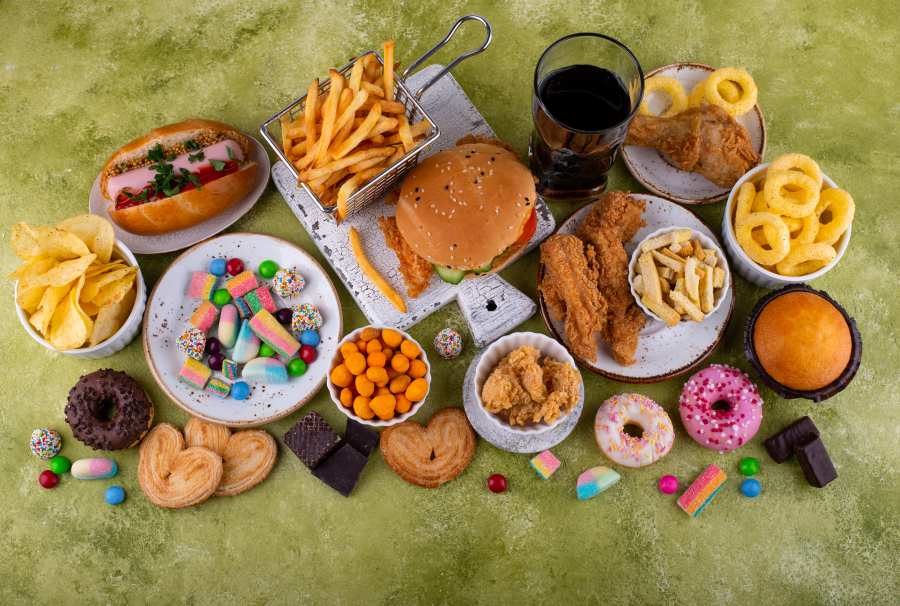
Harmful oil, preservatives and trans fats present in processed and deep fried foods do not dissolve in the blood. Instead, these insoluble fats float in your blood and block your arteries, thus, disrupting blood flow. Excessive consumption of processed foods leads to cholesterol and obesity and fatty liver issues.
3. Sugar and Desserts

Reducing your dessert and sugar intake is vital for a healthy and functioning liver. Frequent consumption of roadside fruit juices, cold drinks, and sodas harm your liver as it increases fat accumulation. Desserts and sugary candies also have a similar effect on your liver and make you prone to obesity.
4. Red Meat
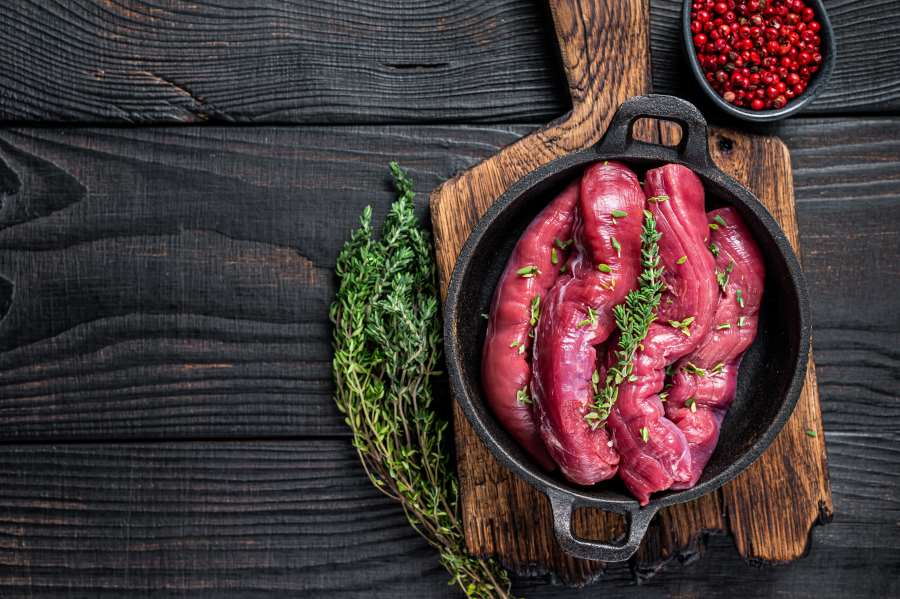
Beef, pork, mutton, lamb and venison fall under the red meat category and contain saturated fats that harm your liver and digestive tract. In addition, these saturated fats settle in your arteries and clog blood flow, making you prone to heart attack and cholesterol complications. Accumulation of these fats in your liver, cause fatty liver problems.
5. Refined Carbs
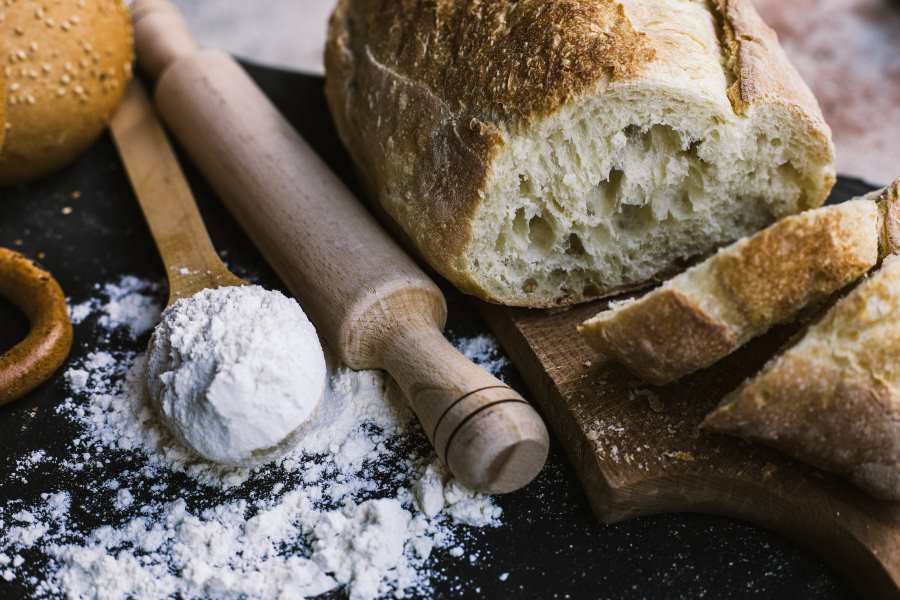
White bread, pasta, white flour, white rice, and pastries are examples of foods with refined carbs. They do not dissolve or get digested; instead, it accumulates in your arteries and liver. Therefore, you can opt for whole grain alternatives like brown bread, quinoa, barley and brown rice. Legumes like kidney beans, peas and lentils are also great alternatives to refined carbs in a fatty liver diet.
6. Baked Foods

Baked foods are highly loaded with oil, sugar, and preservatives. Most of them contain a great amount of unhealthy fats, sugars, and preservatives. Common examples include pastries, cookies, cakes, and muffins. These goods are usually made from refined flour and added sugars that could contribute to fat deposition in the liver.
7. Saturated Fats
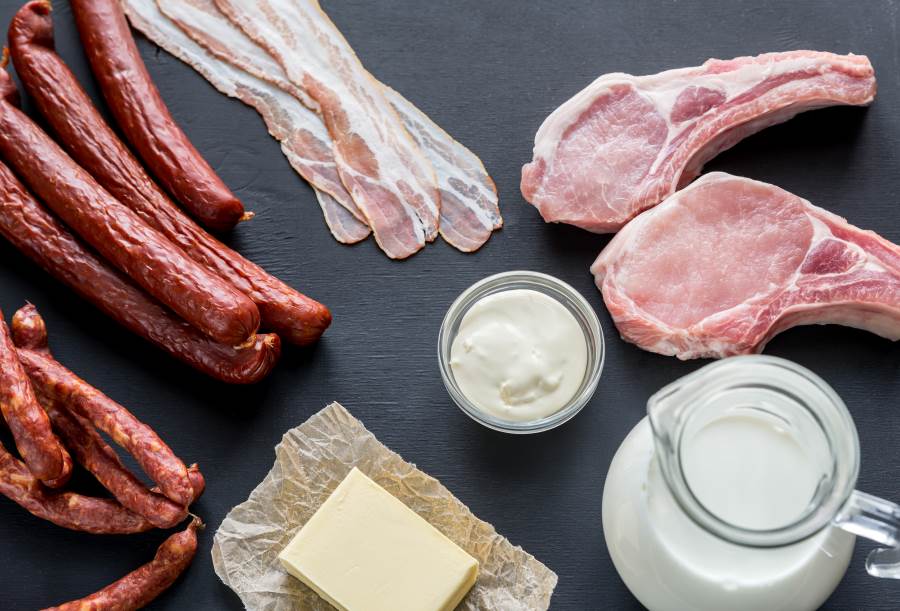
This would include red meat, poultry, full-fat cheese, and yoghurt, excluding low-fat ones. Accumulation of saturated fats in the liver can lead to this disease. Foods rich in saturated fats include red meat like beef, lamb, and pork, which contain saturated fats. Leaner cuts with reduced portions are a boon. The skin-on chicken or turkey possesses saturated fat.
8. Dairy Products
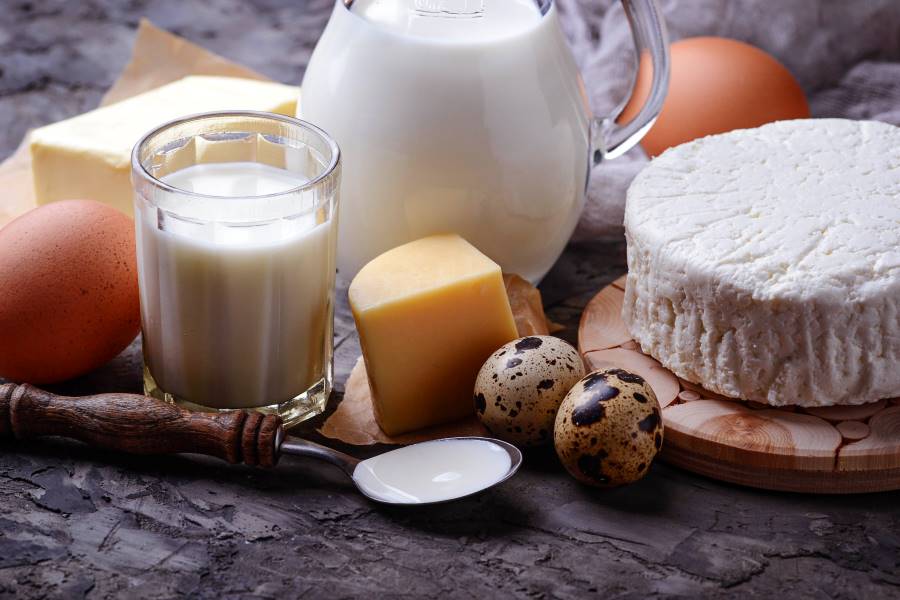
Full-fat dairy products are more calorie-dense compared to their low-fat or nonfat counterparts. Excess calorie consumption can lead to weight gain, a significant risk factor for fatty liver disease. Managing calorie intake helps maintain a healthy weight and alleviates liver strain.
Useful Tools to Track Your Health
What are the Causes of Fatty Liver?

Fatty liver or hepatic steatosis may be due to any of the following causes. Common causes include the following:
Many of these risk factors are modifiable through changes in lifestyle, dietary adjustments, and medical management that could prevent or manage fatty liver disease.
How to Treat Fatty Liver?
General fatty liver disease management involves lifestyle modification and the management of underlying conditions. Here are some common approaches that can be followed:
Regular follow-up with a healthcare professional will monitor one's liver health and make any adjustments in treatment needed.
Factors to Consider Before Choosing a Diet for Fatty Liver
If you are selecting a diet plan to treat your fatty liver problems, then take into consideration the following things:
Key Things to Remember if You Have a Fatty Liver
Fatty liver is a serious complication, and just maintaining a healthy diet is not enough. You should keep the following things in mind in order to treat fatty liver disease:
- Lead an active lifestyle and exercise regularly.
- If you are a diabetic patient, try to keep your blood sugar levels in control.
- Lower your lipid levels, as high lipids are a major cause of fatty liver disease.
- Drink a lot of water regularly.
- Give up on processed and junk food.
- If you are overweight, try to lose weight gradually.
- Avoid alcohol. Even moderate drinking may increase liver damage.
- Regular doctor visits can help monitor your liver's condition and disease course.
- Chronic stress is generally detrimental to health and often invites unhealthy choices.
- Add sources of omega-3 fatty acids, including fish and flaxseeds, which may support liver health.
- Get 7-8 hours of good quality sleep every night, which helps your overall health and liver function.
- Beware of the contents of sugar and fat in foods to avoid hidden sources' intake of the same ingredients.
- Consumption of fruits, vegetables, whole grains, and lean proteins in ample amounts helps one maintain a healthy liver.
Along with a healthy diet, you should also indulge in physical exercise regularly to combat fatty liver diseases. In addition, take care of your mental health, avoid anxiety and stress and get proper sleep for a healthy liver. Finally, add the foods mentioned in the earlier section to your fatty liver diet to look after your liver. Focus on the key things to combat fatty liver issues and lead a healthy life.
Protect What Matters - Explore Other Insurance Options














